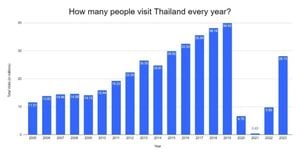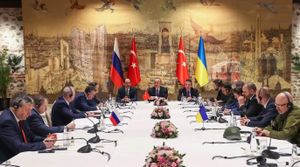Friedrich Merz, the newly elected leader of the Christian Democratic Union (CDU) and potential future Chancellor of Germany, is calling for greater European defense independence as the region navigates its military obligations amid increasingly strained relations with the United States.
During interviews following his party's electoral victory on February 23, Merz openly criticized Germany's current military support for Ukraine, which is defending against Russian aggression. He conveyed to ARD and ZDF, two prominent German broadcasters, his belief: "I see this, as does Chancellor Olaf Scholz: this question does not arise today." This remark reflects his position against sending German troops to participate in peacekeeping missions within Ukrainian territory.
He stated, "The first question we must ask ourselves is: do we continue to support Ukraine so it can defend itself?" Merz emphasized the need for supportive action, arguing, "otherwise, tomorrow (February 24) there would not be three years of war already." His statements resonate deeply due to the approaching anniversary of the conflict, underscoring the urgent need for renewed commitment from Germany.
Merz also harbors doubts about the future of NATO and its effectiveness. He raised significant concerns about America’s shifting priorities, noting, “For me, it will be an absolute priority to strengthen Europe as quickly as possible so we can gradually achieve independence from the USA on defense issues.” During the discussion, he pointed out how the current disinterest from American leadership, particularly highlighted by former President Donald Trump’s recent comments, indicates dwindling concern for Europe’s fate among U.S. officials.
Reflecting on the political environment, Merz noted, "After the statements by Donald Trump over the last week, it’s evident the Americans largely remain indifferent to Europe’s future." His remarks invited contemplation on what NATO's future might hold, especially with the upcoming summit scheduled for late June, where he speculated whether NATO would continue to exist as we know it or if the current circumstances would necessitate accelerated development of independent European defensive capabilities.
The CDU is projected to hold 28.5% of the votes—enough to lead but insufficient to form a government independently. This outcome might inhibit the far-right Alternative for Germany (AfD) from entering the governing coalition. Despite the electoral hurdles, Merz's leadership position is pivotal during this transformative time for German and European politics.
Such sentiments on independence are not novel, and many European leaders share concerns over military reliance on the United States. Following Russia's active threats, European nations are increasingly realizing the need for superior self-defense strategies. Merz's proposal for strengthening European collaboration could realign defense frameworks across the continent, demanding attention and strategic rethinking.
His comments will likely stir diverse reactions, especially among political adversaries who have criticized his vision as overly reliant on detaching from trusted alliances. Political analysts are watching these developments closely, as they could reshape the continent’s military and diplomatic strategies.
The backdrop of Merz’s ascendance is entwined with the enduring repercussions of the Ukraine crisis, which tests both European resolve and unity. How Germany responds under his potential leadership will undoubtedly influence broader NATO alliances and European defense policies.
While the future remains uncertain for NATO and the geopolitical framework, Merz's election and policies are poised to thrust Germany and its allies toward greater military autonomy. Domestic and international observers alike remain eager to see how this approach will materialize as Europe stands at this historical juncture.



